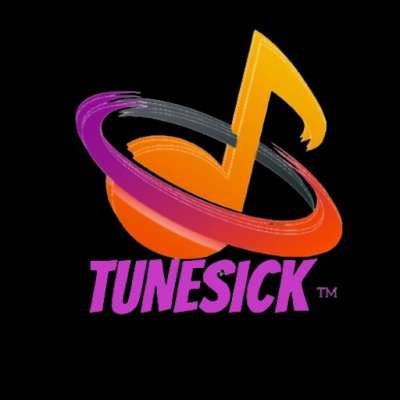Organizing a successful music concert can be a complex and challenging task that requires careful planning and execution. Here are some of the challenges that organizers may face:
1. Budget constraints: One of the biggest challenges is managing the budget effectively to ensure that all aspects of the concert are covered while keeping ticket prices reasonable.
2. Finding the right venue: Choosing a suitable venue that can accommodate the expected audience size and provide the necessary facilities can be a challenge, especially in popular locations where venues may be booked far in advance.
3. Booking performers: Securing popular and talented performers can be difficult, especially if they are in high demand or have busy schedules.
4. Marketing and promotion: Promoting the concert effectively to reach the target audience can be challenging, especially if the concert is competing with other events or has a limited budget for advertising.
5. Logistics and planning: Organizing the logistics of the event, such as setting up equipment, coordinating with vendors, and managing the flow of attendees, can be complex and time-consuming.
6. Dealing with unexpected issues: Unexpected issues such as bad weather, technical difficulties, or performer cancellations can arise, and organizers must be prepared to handle these situations quickly and effectively.
By being aware of these challenges and developing strategies to address them, organizers can increase their chances of putting together a successful music concert.
The impact of technology on music concerts, such as virtual reality and live streaming
Technology has had a significant impact on music concerts, with virtual reality and live streaming being two of the most notable developments. Here are some ways in which these technologies have impacted music concerts:
1. Virtual reality: Virtual reality technology allows people to experience music concerts in a completely immersive way, as if they were actually there in person. This can be especially appealing to those who are unable to attend concerts in person due to geographic or financial limitations.
2. Live streaming: Live streaming technology allows concerts to be broadcast live over the internet, allowing people to watch from anywhere in the world. This has the potential to greatly increase the audience size for a concert and can also provide a new revenue stream for performers and organizers.
3. Increased engagement: Both virtual reality and live streaming technologies can increase engagement with the audience, as they allow for real-time interaction and social sharing of the concert experience.
4. New revenue streams: Virtual reality and live streaming can provide new revenue streams for performers and organizers, as they can sell virtual tickets or access to live streams to people who are unable to attend in person.
5. Enhanced production value: Technology can enhance the production value of concerts by allowing for more advanced lighting, sound, and visual effects.
Overall, technology has had a significant impact on music concerts, providing new ways for performers to reach audiences and for audiences to experience music in innovative and immersive ways.
You can promote yourself in a number of ways to combat and overcome such problems, below are key methods you can adopt:
Promoting and marketing music concerts can be a challenging task, but there are several strategies that can be used to attract a wider audience. Here are a few ideas:
1. Social media advertising: Use social media platforms like Facebook, Instagram, and Twitter to target potential concert-goers with ads that showcase the event and its performers.
2. Collaborate with influencers: Partner with influencers in the music industry or related fields to promote the concert to their followers.
3. Offer early bird discounts: Offer discounted tickets to those who purchase early to create a sense of urgency and encourage early ticket sales.
4. Host giveaways: Host giveaways on social media platforms or through email marketing campaigns to generate buzz and excitement around the event.
5. Use email marketing: Send out regular email updates to your mailing list with information about the event, updates on performers, and other relevant news.
6. Partner with local businesses: Partner with local businesses and organizations to promote the event and offer special promotions to their customers.
7. Create engaging content: Create engaging content such as behind-the-scenes videos, interviews with performers, and other related content that will generate interest in the event.
By using a combination of these strategies, you can effectively promote and market your music concert to attract a wider audience.
Words: Dilowar Hosen.

 TuneSick
TuneSick